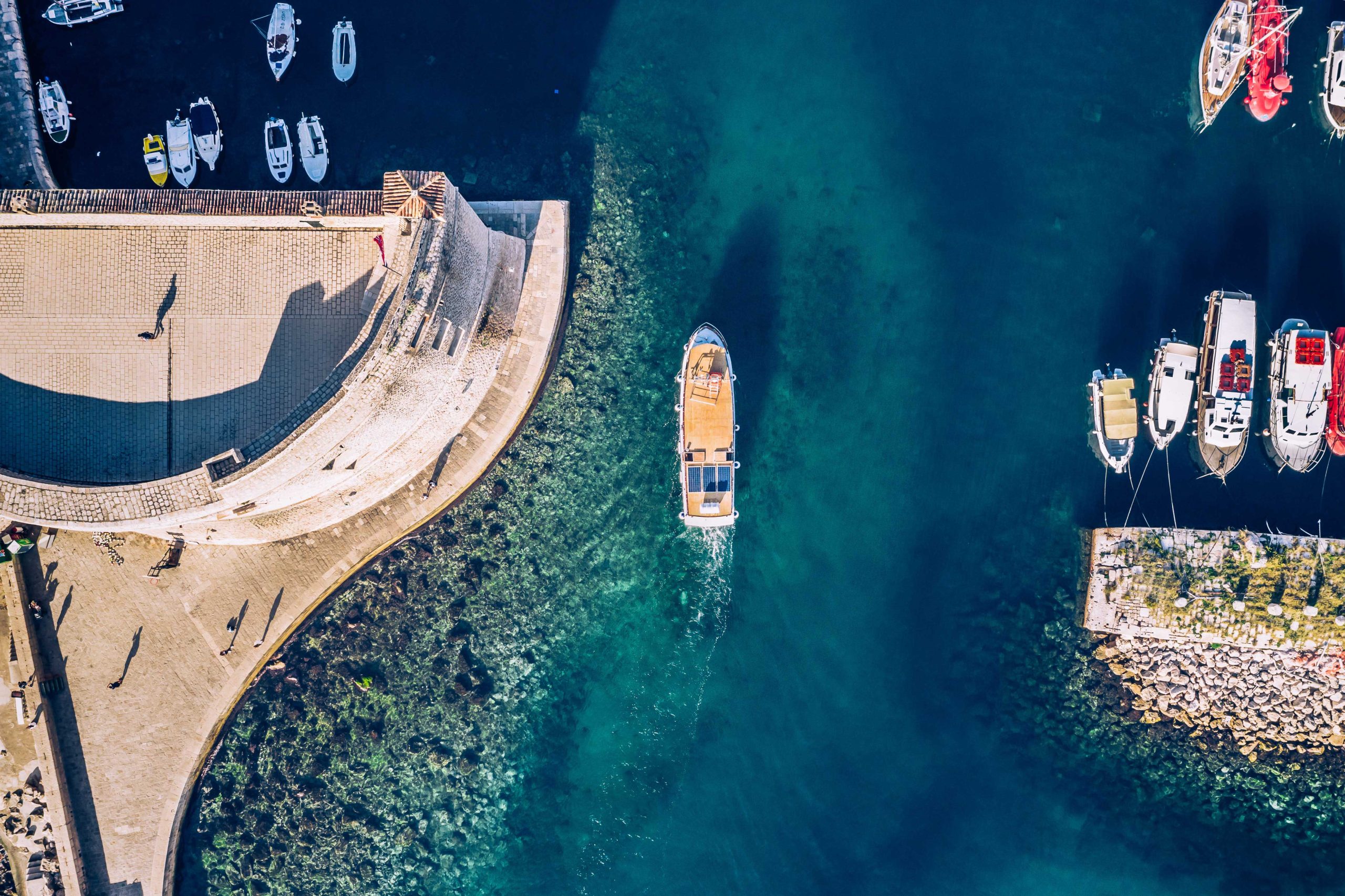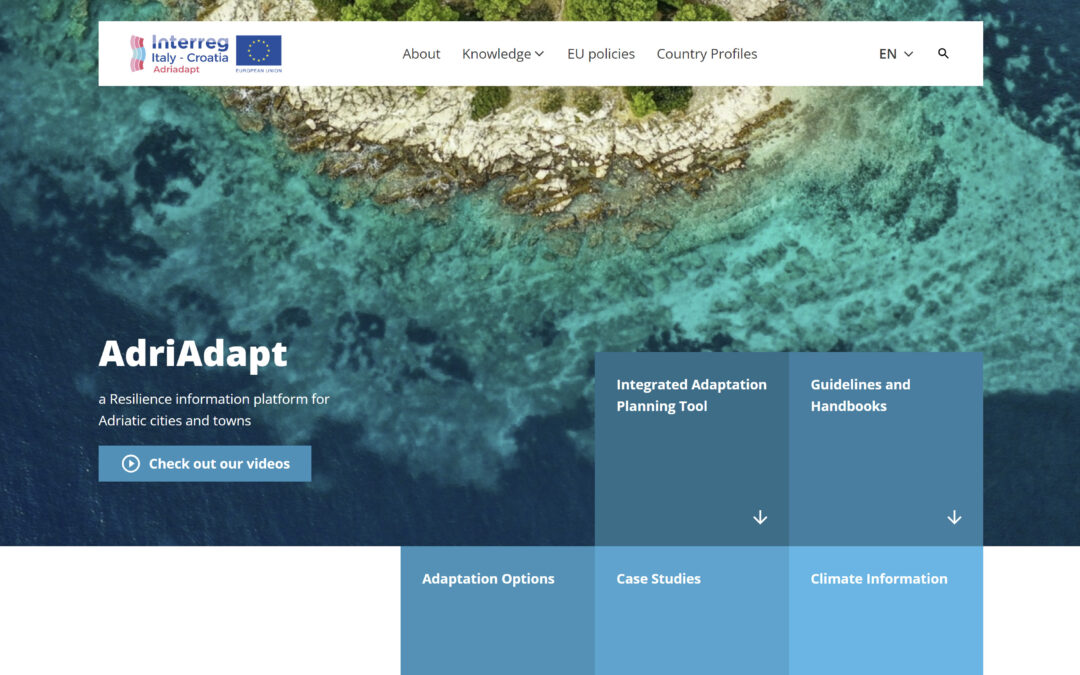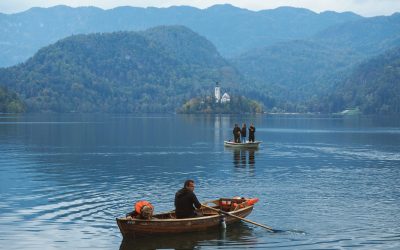A ground-breaking initiative to secure the future of the Adriatic Sea culminated on the 28 of June, in Herceg Novi, where the Montenegrin Ministry of Ecology, Spatial Planning and Urbanism hosted the Final Conference of the GEF Adriatic Project. The GEF Adriatic project, which has been running for three years, was funded by the Global Environment Facility, and gathered high-level partners including the UNEP/ Mediterranean Action Plan with its regional centres PAP/RAC and SPA/RAC, the Montenegrin Ministry of Ecology, Spatial Planning and Urbanism, the National Agency for Protected Areas of Albania (AKZM) and Albania’s Ministry of Tourism and Environment. The project has been using the ‘ecosystem approach’ to work towards restoring the ecological balance of the Adriatic Sea, and to lay the foundations for its long-term sustainable management.
The ecosystem approach is one that looks at the big picture, considering the relationships between all the different human interactions with the marine and coastal areas and ecosystems on which they depend. These are then incorporated into an overall plan for sustainable development using marine spatial planning (MSP). One of the key outputs of the project is draft Marine Spatial Plan for Montenegro.
An important part of the project has been to gain a deeper and more detailed understanding of the processes going on in our busy waters, and of the human factors which have the greatest impacts on the healthy functioning of the sea and its wealth of biodiversity. GEF Adriatic has run successful research initiatives around the region to gather data on the values but also threats to the sea including non-indigenous species, marine litter, pollution, climate change and several more, with the new information providing a basis for targeted marine protection initiatives and more effective long-term MSP processes.
GEF Adriatic has also fostered strong collaboration across the region, bringing different actors together – from government, academia, business and civil society – to address common issues, share best practices and build capacities. It has been able to support Albania and Montenegro in their ongoing EU accession processes, and has played an important role in plans to develop a new marine research centre in Albania.
“The GEF Adriatic project has had a powerful demonstrative impact that will reverberate well beyond the Adriatic, particularly in promoting Marine Spatial Planning processes based on the Ecosystem Approach,” Tatjana Hema, Acting Coordinator, UNEP/MAP-Barcelona Convention Secretariat said. “Ensuring Good Environmental Status in the Mediterranean Sea and coasts, supporting the restoration of ecosystems and ensuring that everyone can benefit from their services fairly and sustainably is at the core of our long-standing partnership with the GEF,” Ms. Hema added.
Event at Herceg Novi celebrates all that has been achieved in the last three years – but far more importantly, it marks the first day of a new and better future for our shared Adriatic Sea.
To find out more visit www.adriatic.eco.




